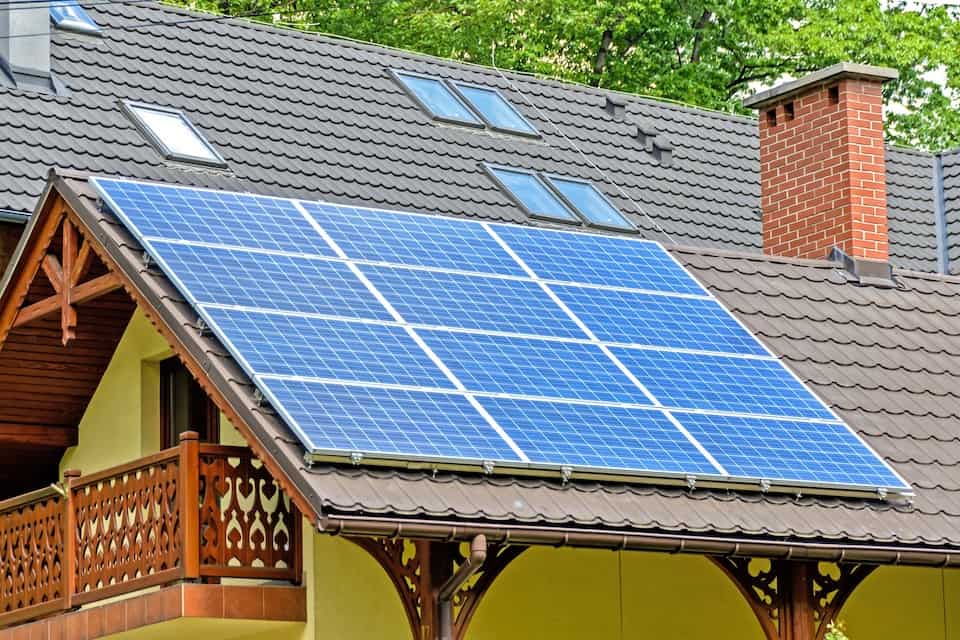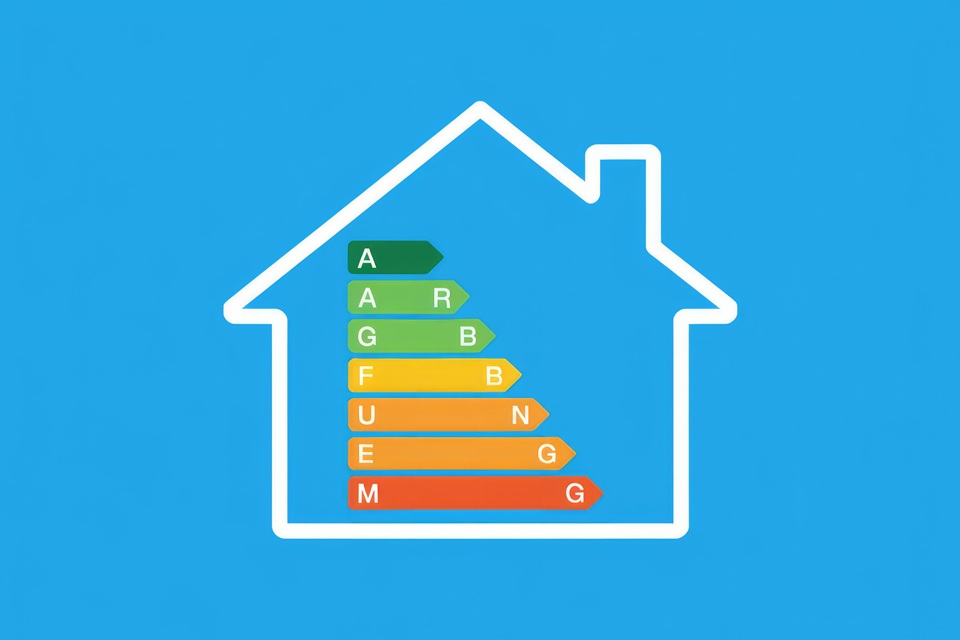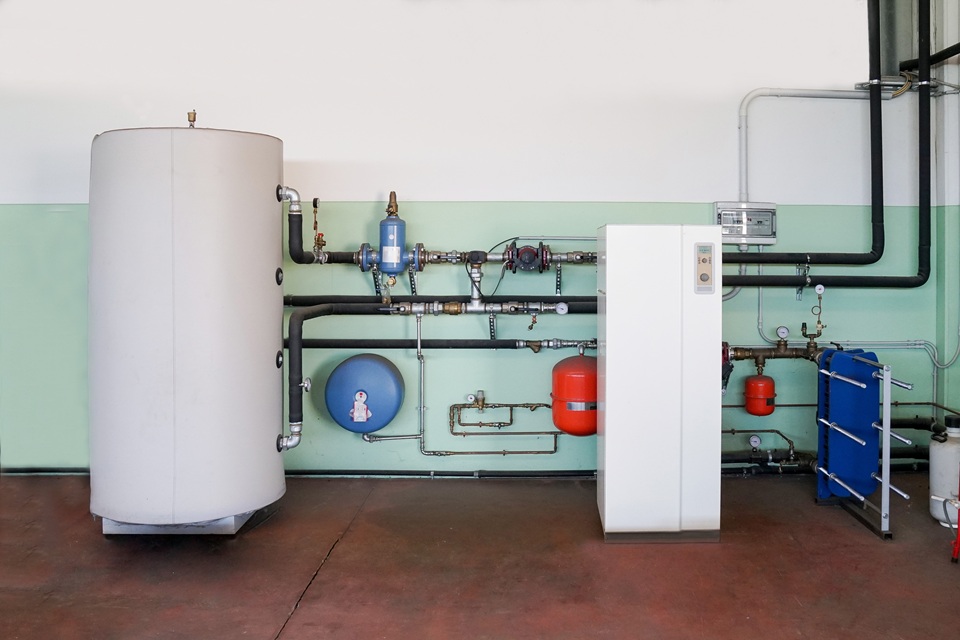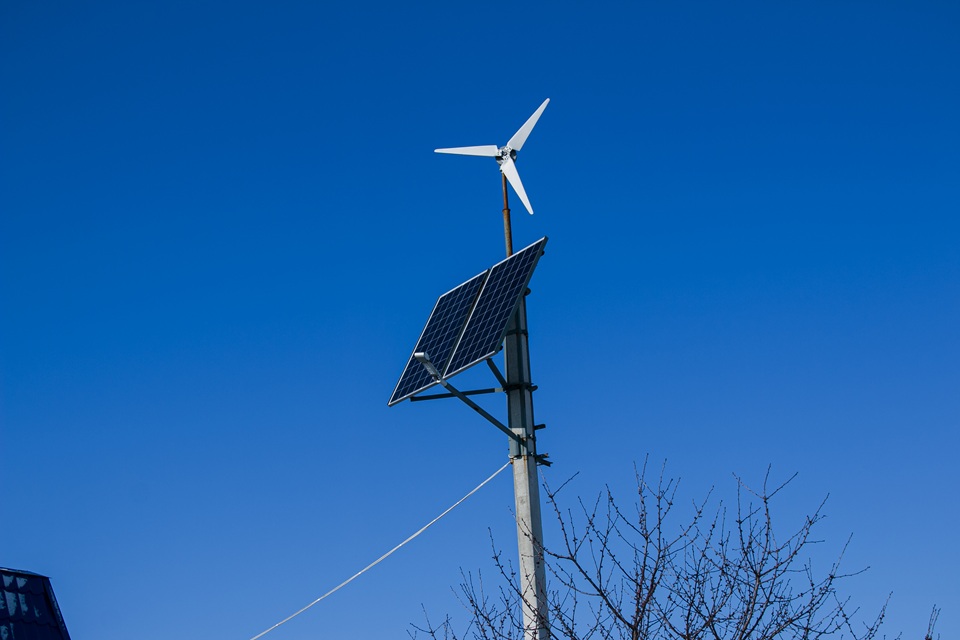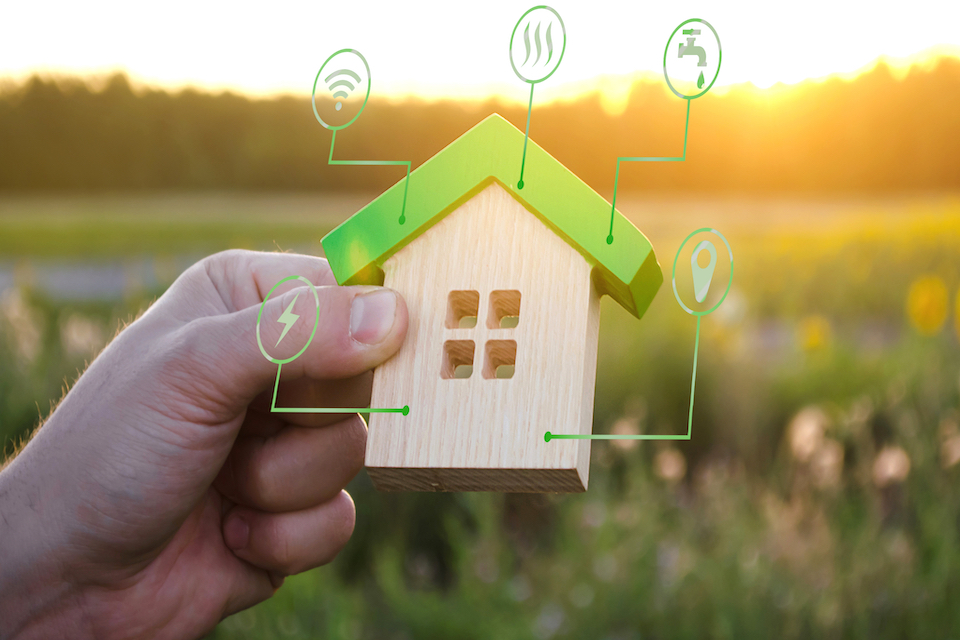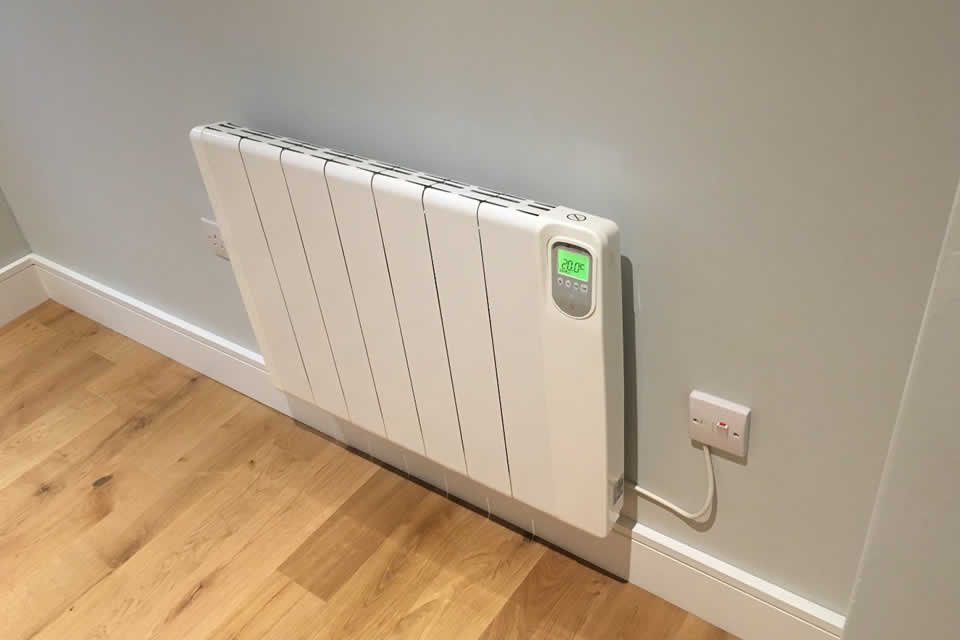Introduction
Sunpower solar panels are considered one of the best long-term investments you can make to save on your utility bills and to create a more sustainable home. Not to mention the benefits it has to the environment. Roof solar panels work by collecting sunlight and converting it into electricity that you can use to power your home. Some people with domestic solar panels often find that they collect more electricity than they use and are then able to sell those surplus stores to energy companies. Solar panels can be a little confusing considering how many different types you can install.
- Introduction
- What Are Solar Panels?
- How Do Solar Panels Work?
- How Do Solar Panels Help the Environment?
- How Much Energy Do Solar Panels Produce?
- How Much Do Solar Panels Cost?
- How Much Can I Save Using Solar Panels?
- Benefits of Solar Panels
- What is a Solar Panel Feed in Tariff?
- Can I get Solar Panels Through the Green Deal Scheme?
- How Many Solar Panels Do I Need?
- Conclusion
- FAQs
- Sources
What Are Solar Panels?
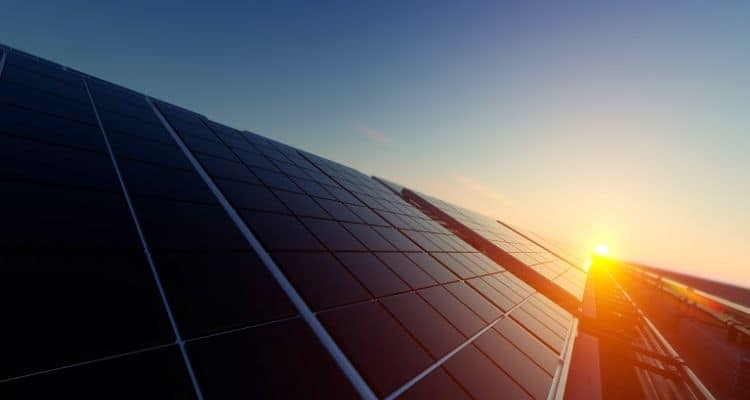
Sunpower Solar Panels are also referred to as photovoltaics (PV), collect sunlight and its energy and then uses its inbuilt converters to turn that into useable electricity around your home. Domestic solar panels are made up of photovoltaic cells grouped together into things called modules. You can see these individual cells if you look at a panel up close.
Solar panels are classed as renewable energy as it uses an unlimited natural resource to create renewable energy. Sunpower solar panels come in the more common large panel form, but there are also smaller versions called solar tiles, which while less common, still perform the same as panels.
Photovoltaic technology was developed in 1954, and throughout the years it has been used for a variety of industrial and experimental purposes, but it has only come to prevalence in residential homes in the past few decades. As technology develops more, solar panels have become more attainable by all.
How Do Solar Panels Work?
Solar panels are made from two layers of semiconducting silicon. When sunlight shines onto the panels, the electrons within are activated to create a smooth flow of electricity. While the panels don’t require direct sunlight (they still work on a cloudy day), the more direct, the stronger the flow of electricity is. The electricity generated is stored within the system, ready for you to use at your leisure. The electricity generated from the solar panels isn’t directly useable with appliances in your home, so there is an inbuilt AC inverter in the solar panel system to convert the electricity.
Solar panels are not the only type of solar energy; for example, there are solar water heating systems used in warm countries around the world. Water is stored in metal containers somewhere in direct sunlight, usually a roof, to provide a home with solar-warmed hot water. There is also passive solar heating in which materials on a building that are in direct sunlight, such as windows facing south, will store the suns heat throughout the day, before releasing it at night when it is needed. Passive solar heating has been used since ancient times, so it’s not a new concept.
How Do Solar Panels Help the Environment?
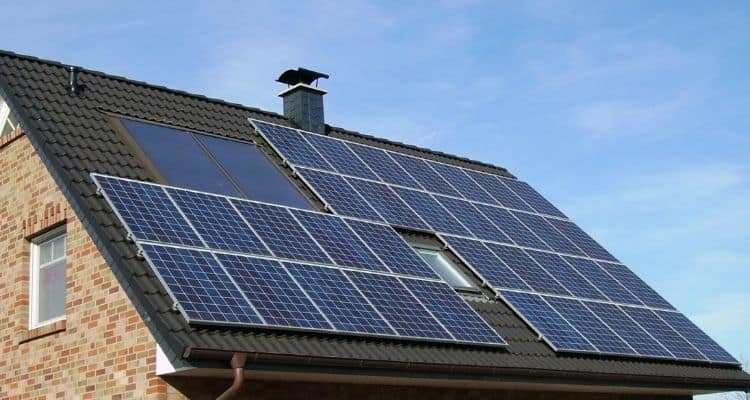
Renewable energy is defined as inexhaustible energy, or in simpler terms, doesn’t run out. Solar energy needs only sunlight to generate electricity; therefore, it is considered as green and clean energy. Traditionally, electricity is generated by burning coal or gases, which is not only exhaustive but is very harmful to the environment and the atmosphere. By installing solar panels, you will reduce your carbon footprint and the amount of damage to the environment. Solar energy is now used by over 670,000 homes, which has generated an enormous reduction in our carbon footprint.
With all new builds, energy saving methods have become one of the most important factors. As such, solar panels are considered one of the main staples of reducing a new build's energy saving costs.
How Much Energy Do Solar Panels Produce?
Residential solar panels generate different levels of energy depending on the conditions on any given day. However, it’s usually between 225-350 watts, with an average of 265 watts per panel. To work out how much power you’re going to generate simply multiply the number of sunlight hours with the wattage of your specific solar panel. Therefore, 4 sunlight hours x 265-watt solar panel gives you a total of 1060 watt-hours. A typical home will require anywhere between 12-16 panels on their roof, which generates a lot of power overall. To put this into perspective, 1,000 watts would run an oven for 425 hours.
How Much Do Solar Panels Cost?
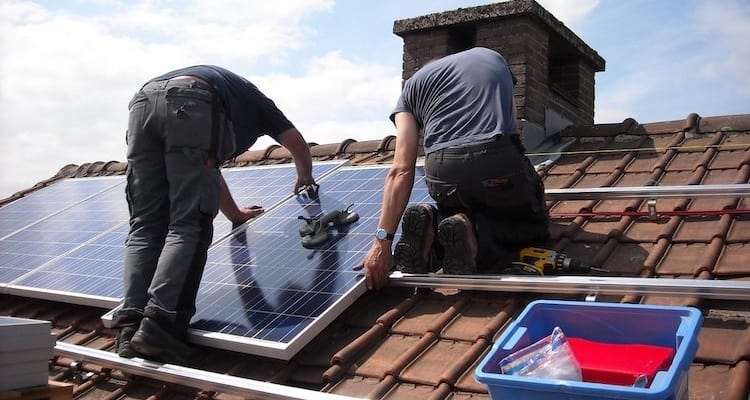
The solar panel cost varies depending on a variety of factors. But as a generalisation the average 3-bedroom home will require 12 3kw panels on their roof, costing between £4,000 - £6,000 for the entire installation. Of course, a smaller or larger home will require a different setup, and therefore the solar panel cost would alter in turn.
As a rule of thumb, any home with no defect issues and accessibility can utilise solar panels, but this will be reviewed first by a trained professional who will outline any potential problems with the installation. Sometimes things like high winds can present cause for concern if you’re roof shows signs of damage. The best thing to do is to speak with solar panel installers about your home and take their advice and guidance. While you can install solar panels on any roof, you will see better performance on those roofs that face south or south-east/west.
How Much Can I Save Using Solar Panels?
Annually, 3-bedroom home is likely to save around £160-£200 on their electricity spend, depending on the amount of energy used, the number of hours of sunlight during the year and the strength of your panels. As we mentioned earlier in the article, if you have a particularly good year for sunlight, or don’t us as much as you generate, you can sell your surplus stores of electricity to energy companies to recoup even more money. The cost of solar panel energy is 99% lower than it was in 1999, so your return on investment has never been higher.
Solar panels are long-lasting, with around 30 years being covered under warranties with many installers. With the number of grants available to you to lower the cost of solar panel installation, you will probably recoup your investment within the first 10-15 years of solar panel ownership.
You can utilise a solar battery to conserve more energy than you generate for later use. For example, if you go on holiday, your solar panels can still be at work, with the battery storing all of the electricity that you haven’t been using. This all contributes towards creating a self-sufficient home and can be a great financial help. Many popular companies like Samsung and Tesla produce these batteries, and you can pick one up for around £3,000-£4,000. This may seem like a lot, but you’ll save a lot of money and energy by storing surplus electricity.
Benefits of Solar Panels
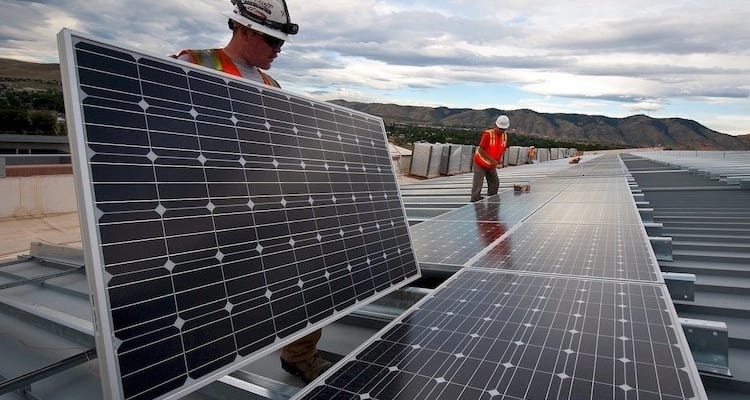
Save Money on Electricity Bills
As we discussed in the previous section the average 3-bedroom home is likely to save about £180 per year on their electricity, couple that with the low cost of solar panel technology in recent times and the numerous government discount schemes, and you’re looking at a significant saving per year.
Reduce Carbon Emissions
While the financial benefits are a huge selling point, the conscious effort to help reduce carbon emissions and protect the environment for future generations is another huge benefit for solar energy. Society in all aspects are taking a more proactive approach in reducing our carbon footprint, from electric cars to recycling, green, renewable energy is just another wonderful way to contribute.
Low Maintenance
Solar panels need minimal maintenance to keep them up to standard, with the exemptions of an occasional solar panel clean. There are no ongoing costs to keep them active, maximising the amount of money saved and generated from a solar panel system.
What is a Solar Panel Feed in Tariff?
Earlier we mentioned that if you generate more energy than you use, you can sell that energy to companies. To be eligible for Feed-In Tariff (FIT) you must purchase solar panels through a licensed solar panel installer.
The payment received is in one of two forms:
- Generation Tariff: This is a fixed amount and amounts to 6.38 to 13.88 p per kilowatt hour per week.
- Export Tariff: The second option is paid on surplus electricity of what is sold, at 4.77 pounds per unit.
Smart meters and solar panels go hand in hand here, as you can receive a smart meter that will outline how much energy you are generating.
Can I get Solar Panels Through the Green Deal Scheme?
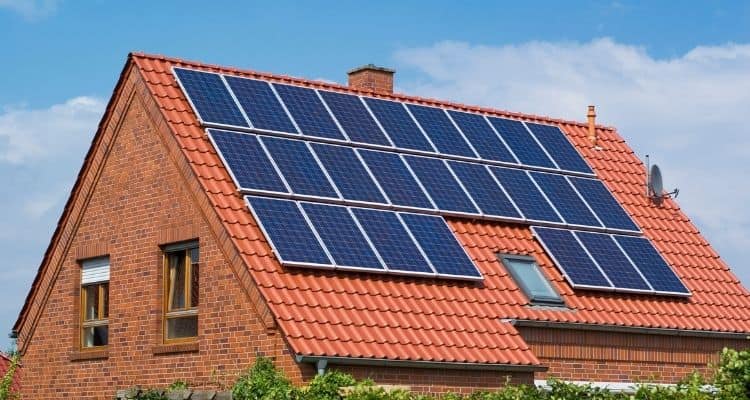
The Green Deal aids people in improving the energy-saving aspects of their home with financial grants. This can be used for a number of home improvements from insulation, to double glazing, and of course, solar panels. You can use a variety of tools here to see if you are eligible for the funding and to see how you may benefit from installing these energy-saving schemes. It also provides information about how you can apply for an assessor to visit your property to determine your funding.
How Many Solar Panels Do I Need?
The number of panels you may need directly correlates with the amount of energy your home uses, coupled with the amount of space on your roof. We’ve mentioned that the typical 3-bedroom home requires between 12-16, but if you live in a larger 5-bedroom house, with more electrical appliances in use, you’re likely going to need more panels or panels with a stronger wattage. The Energy Saving Trust has a calculator tool on their website that helps people determining how much energy they use, and with those results, you can decide on which system best suits your home’s needs. You can also speak to a solar panel expert for their advice on what system is most suitable for you.
Conclusion
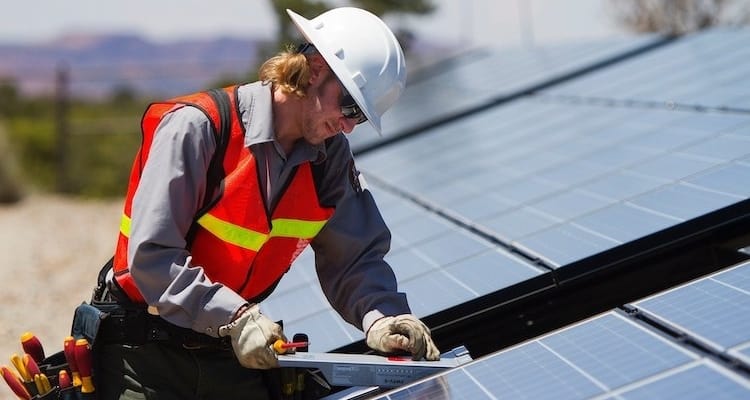
Solar panels are an excellent investment for a variety of reasons. The financial savings you’d gain from solar energy is enough for most people to take the plunge, but the environmental benefits are arguably more important. Solar energy has never been more affordable, attainable and useful. The number of grants and government-backed schemes also contribute to the attraction of solar energy in our homes, and this will only continue for decades to come.
FAQs
Q: What are solar panels made from?
A: Most solar panels are made from silicon, which is also the 2nd most abundantly available material on the earth. There are new technologies in development that are experimenting with different materials, but silicon is the most common at present.
Q: How do I clean solar panels?
A: Solar panels don’t require much maintenance at all, but it helps to give them a little wipe down every so often to keep them operating at their best. Simply use a bucket of warm, soapy water and a non-abrasive sponge to gently wipe down the panels, being careful not to scratch or damage them in any way. You can attempt this yourself if you’re comfortable working atop a roof, or you can employ a contractor to carry this out for you.
Q: How long does it take to install solar panels?
A: The process of installing solar panels doesn’t happen overnight. There are a lot of local inspections, planning permissions and connection stages that must be completed. You sola panel provider will advise you of the lead times and will guide you through each step. It’s hard to put a timescale on it, as it varies from home to home, but a good estimation is 4-8 weeks.
Q: Are there warranties with solar panels?
A: Your solar panels will come with two warranties. The first will be a performance warranty that will guarantee 90% production at 10 years and 80% at 25 years. The equipment warranty will guarantee that your equipment will last between 10-12 years without failing. However, some companies will offer much more extended warranties - either as standard or for an extra fee.
Q: Can I buy solar panels on finance?
A: There are a number of schemes that allow you to pay off your solar panels on finance. Some of these come directly from the solar panel supplier, whereas others will come from standalone businesses. Some people even seek a bank loan for the sum of the solar panels and pay that off monthly instead.
Sources
- https://news.energysage.com/how-long-does-it-take-to-install-solar-panels/
- https://energysavingtrust.org.uk/scotland/tools-calculators/solar-energy-calculator
- https://www.gov.uk/green-deal-energy-saving-measures
- https://www.ofgem.gov.uk/environmental-programmes/fit/fit-tariff-rates
- https://www.solarguide.co.uk/solar-panel-costs-benefits-and-savings/
- https://www.theecoexperts.co.uk/solar-panels/electricity-power-output
- https://www.usgbc.org/articles/top-four-benefits-installing-solar-panels-your-home
- https://www.goodenergy.co.uk/how-do-solar-panels-work/
- https://www.livescience.com/41995-how-do-solar-panels-work.html
- https://www1.eere.energy.gov/solar/pdfs/solar_timeline.pdf

